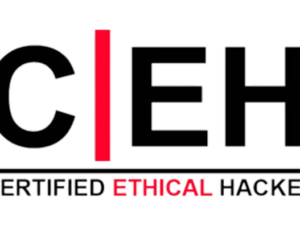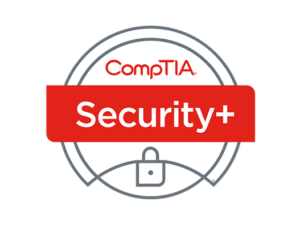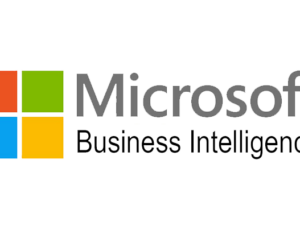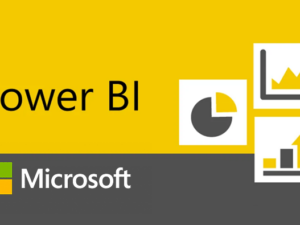Project Management Professional (PMP)® is a global credential offered by PMI® Inc. PMP® Certification is a globally recognized, rigorous, education and/or professional experience, and examination-based credential program. It helps one understand the global language of Project Management and connect with Project Management Professionals. PMP® certified professionals earn a higher salary than those not certified.
PMP® Certification Exam Training
- Description
- Curriculum
- FAQ
- Reviews
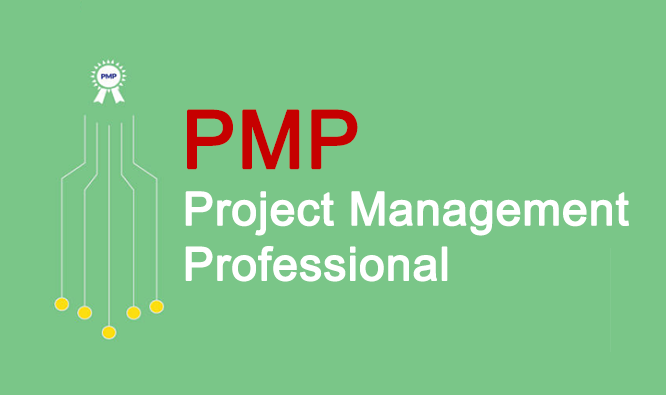
Certs Learning’s PMP® Exam Prep course will help you earn 35 PDUs/Contact Hours by completing the entire course. The goal of this course is to empower the current and future Project Managers to manage the project more efficiently and effectively throughout the Project Management Life Cycle.
This course is taught by PMP® Certified Trainers, who have years of experience in training. These instructors have been practicing Project and Program Management with some of the top organizations across industries. They leverage their rich, hands-on industry experience to help participants understand the practical application of all the 10 knowledge areas covered in ‘The PMBOK® Guide’ (A Guide to the Project Management Body of Knowledge) – Sixth Edition.
Certs Learning’s PMP® certification exam training course objectives are:
- Gain knowledge about Project Management Institute, Inc. (PMI)® best practices and standards of Project Management
- Obtain 35 contact hours upon completion of this course, which is required to take the exam
- Prepare further to succeed in the Project Management Professional (PMP)® certification exam
- Understand where projects fit within an Organization and its strategy
- Focus on project benefits in addition to the traditional focus on project outputs
- Recognize and recall formal Project Management terms and practices used in the industry globally
- Apply formal tools and techniques to initiate, plan, execute, monitor, control & close a project
- Apply knowledge management techniques in a project
- Understand the internal and external factors that influences the projects such organization structures, process assets and enterprise environmental factors
- Understand Project Manager’s skills and competencies
- Analyse and integrate various areas of project management like scope, schedule, cost, quality, human resources, communications, risk, procurement & stakeholders
- Apply the concepts and processes of Project Integration Management
- Gain the ability to apply Agile considerations in real projects, in all the project knowledge areas
PMI® & PMP® are registered marks of Project Management Institute, Inc.
PMP® Certification is useful for anyone who has Project Management experience and desires a globally recognized credential that will lead to professional career growth and recognition.
This online virtual training will provide you the required 35 Contact Hours of Formal Project Management Education
- Project Management Experience (either of the below)
- A four-year degree (bachelor’s or the global equivalent) and minimum 4,500 hours of experience leading and directing projects
- A secondary diploma (high school or the global equivalent) and minimum 7,500 hours of experience leading and directing projects
-
1Introduction to PMP® Certification
Learning Objectives: In this module, you will learn the basic terms and skills that are applied in a Project Environment (PMI®, PMP®, A Guide to the Project Management Body of Knowledge (PMBOK® Guide)- Sixth Edition, Project, Program and Portfolio, PMO, Project Life Cycle, Stakeholders, Process Groups, Project Business Documents, Tailoring & Project Success Measures).
Topics:
- Projects & importance of Project Management
- Relationship of Project, Program, Portfolio & Operations Management
- Key components - Project and Development Lifecycles, Project Phase & Phase Gate, Project Management Processes, Process Groups, Project Management Data & Information
- Tailoring
- Project Management Business Documents - Project Business Case, Project Benefits Management Plan, Project Charter & Project Management Plan, Project Success Measures
-
2The Project Environment
Learning Objectives: In this module, you will learn about internal and external factors that influences the Project such as Project Life Cycle, Project Phases, Organization Structures, Process Assets, and Enterprise Environmental Factors.
Topics:
- Organizational influences
- Organizational systems
- Project management office
-
3Role of the Project Manager
Learning Objectives: In this module, you will learn about Project Manager role, Skills and Competencies, Sphere of Influence, and the Project Manager’s role as a Project Integrator.
Topics:
- Project Manager's Sphere of Influence
- Project Manager's Competencies
- Integration by the Project Manager
-
4Project Integration Management
Learning Objectives: In this module, you will learn how to manage a project as an integrated whole. This involves creating a project charter, performing detailed project planning and obtaining plan sign-offs, executing, monitoring and controlling the project, reviewing change requests and closing the project. You will learn several associated techniques. You will also learn about concepts, details and techniques related to knowledge management.
Topics:
- Overview of Project Integration Management
- Develop Project Charter
- Develop Project Management Plan
- Direct and Manage Project Work
- Manage Project Knowledge
- Monitor and Control Project Work
- Perform Integrated Change Control
- Close Project or Phase
-
5Project Scope Management
Learning Objectives: PMBOK® defines Project Scope as the “The work that needs to be accomplished to deliver a product, service, or result with the specified features and functions.” Learn the key concepts and techniques to plan for and define project requirements and scope, how to breakdown project work into smaller components, how to control scope changes and learn about the process of signing off project outputs after their delivery.
Topics:
- Plan Scope Management
- Collect Requirements
- Define Scope
- Create Work Breakdown Structure
- Validate Scope
- Control Scope
-
6Project Schedule Management
Learning Objectives: Schedule Management is the process of developing, maintaining and communicating schedules for Time and Resource in Project Management. This module emphasises the importance of delivering the Project on time. You will learn how to plan and estimate a project’s schedule, how to monitor and control it. Several related techniques are covered in-depth.
- Topics:
- Plan Schedule Management
- Define Activities
- Sequence Activities
- Estimate Activity Durations
- Develop Schedule
- Control Schedule
-
7Project Cost Management
Learning Objectives: Cost Management Plan focuses on Planning and estimating Cost and budget for the Project, and Controlling Cost. In this module, you will also learn about earned value management or analysis.
Topics:
- Plan Cost Management
- Estimate Costs
- Determine Budget
- Control Costs
-
8Project Quality Management
Learning Objectives: Quality Management involves Quality Planning, Quality Assurance, and Quality Control. In this module, you will learn about the key Concepts, basics of well-known quality standards and several related Tools & Techniques related to Quality Management.
Topics:
- Plan Quality Management
- Manage Quality
- Control Quality
-
9Project Resource Management
Learning Objectives: Resource Management planning deals with identifying and documenting Project Roles, Responsibilities, and Reporting Relationships as well as creating Staffing Management Plan. Apart from this, you will also learn to estimate resources, onboard project team members, develop, manage and control them. This includes tracking Team and Individual performances. Also learn about methods to motivate, build and lead build high-performance teams.
Topics:
- Plan Resource Management
- Estimate Activity Resources
- Acquire Resources
- Develop Team
- Manage Team
- Control Resources
-
10Project Communication Management
Learning Objectives: Communicating on Projects require determining the Information and Communication needs of the Stakeholders. Stakeholders an indispensable part of any Project. Learn about Communications Planning, managing communications, Performance Reporting and monitoring communications as part of this module.
Topics:
- Plan Communications Management
- Manage Communications
- Monitor Communications
-
11Project Risk Management
Learning Objectives: Risk Management is all about anticipating Risks and having a proper plan in place that will help resolve the Risk when it occurs. Proper Risk Management also helps in reducing unnecessary stress, prevents many issues from occurring during Project Execution. In this module, learn about Risk Management Planning, techniques to identify, analyse and monitor risks, and how to plan risk responses and implement them.
Topics:
- Plan Risk Management
- Identify Risks
- Perform Qualitative Risk Analysis
- Perform Quantitative Risk Analysis
- Plan Risk Responses
- Implement Risk Responses
- Monitor Risks
-
12Project Procurement Management
Learning Objectives: A formal process to obtain goods or services from external suppliers is known as Procurement. Learn about the procurement process, relevant documents and contracts, and details about planning, managing and controlling sellers.
Topics:
- Plan Procurement Management
- Conduct Procurements
- Control Procurements
-
13Project Stakeholder Management
Learning objectives: Stakeholders are individuals who get impacted by the Project. Stakeholder Management involves identification of Stakeholders, analysis of their requirements, developing appropriate processes and communication channels to work with Stakeholders. In this module, learn about concepts and techniques related to identifying stakeholders, planning, managing and monitoring stakeholder engagements.
Topics:
- Identify Stakeholders
- Plan Stakeholder Engagement
- Manage Stakeholder Engagement
- Monitor Stakeholder Engagement
View the recorded session of the class available in your LMS.
You can attend the missed session, in any other live batch."

